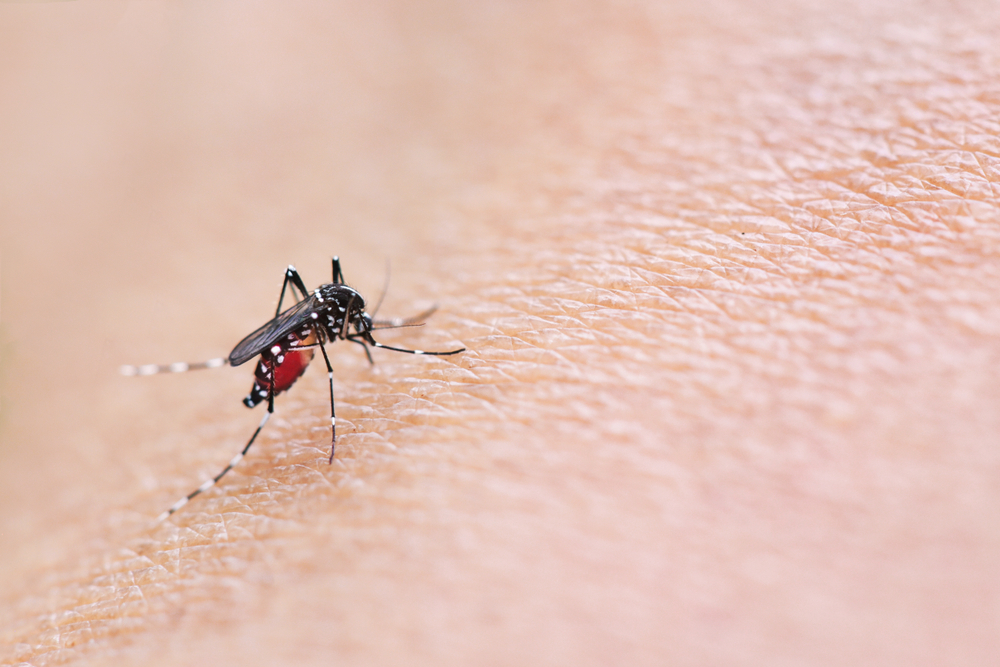
Mount Sinai researchers have found detected sizeable delays in the reporting of cases of West Nile virus in the United States, which could actively harm efforts to track and predict the disease.
Their findings, published in the JAMA Network Open, uncovered reporting delays of anywhere between two and 14 weeks from the onset of illness to virus confirmation in humans. Positive testings of mosquito hosts were also delayed, but by a significantly lessened amount. Regardless, researchers note the delays stem from two things: how long it takes health departments to confirm cases and reporting delays between healthcare professionals and those health departments.
Those delays have ripple effects.
“Current reporting delays impact our understanding of how an outbreak is progressing, and our research highlights areas in which disease surveillance can improve,” said Nicholas DeFelice, assistant professor of environmental medicine and public health at Mount Sinai’s Icahn School of Medicine and lead author. “With improved surveillance, there is greater potential for objective infectious disease forecasts that will allow public health officials to address infectious disease threats in a proactive fashion.”
With more reliable forecasts, the researchers said they could improve mosquito reduction efforts to attack West Nile’s spread actively. They also help public officials to feed their communities with more accurate health details in real time. These delays make such efforts impossible, along with accurate and reliable forecasts of outbreaks in general.
West Nile Virus is the most common domestically acquired mosquito-borne virus in the United States. At its most severe, the virus can be a fatal one, with one in 10 people dying of central nervous system illnesses caused by it.

